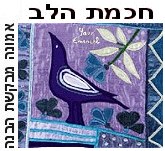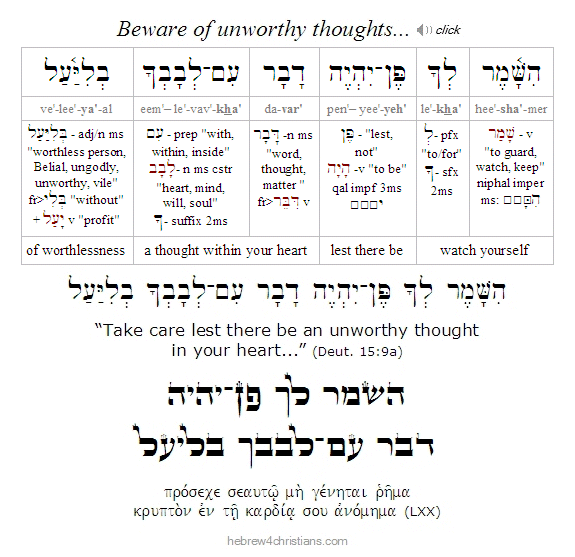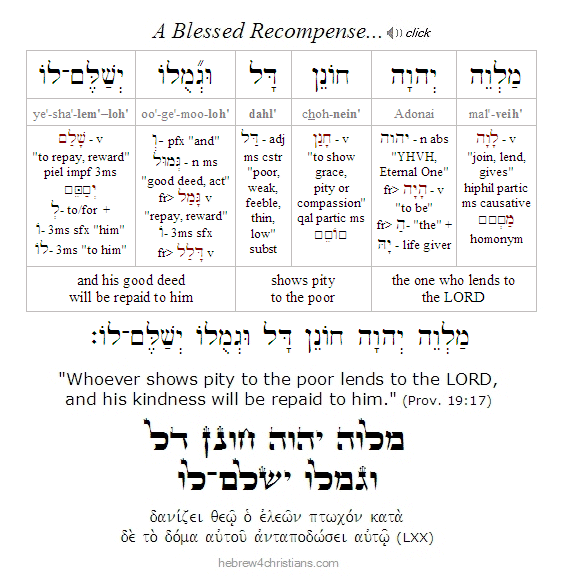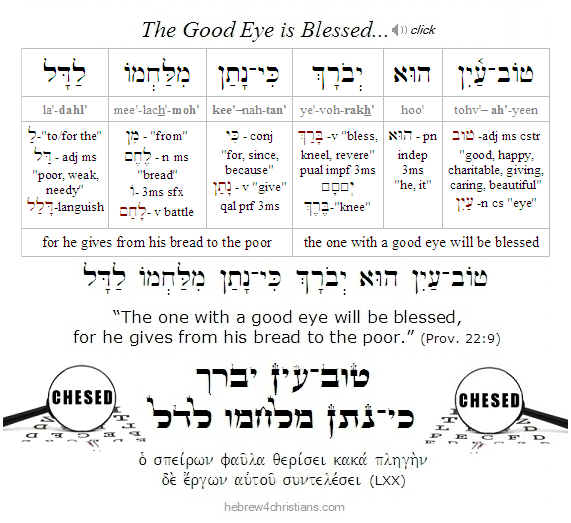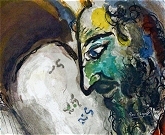|
|
|||||||||||||||||||||
 |
|||||||||||||||||||||
 |
|||||||||||||||||||||
|
|
||||||||||||||||||||||
|
Our Torah for this week (i.e., parashat Re'eh) directs us to look with compassion upon the needy and to suppress our selfish impulses: "Take care lest there be an unworthy thought in your heart ... and your eye look grudgingly on your poor brother, and you give him nothing, and he cry to the LORD against you, and you be guilty of sin (Deut. 15:9). The Hebrew verb translated "take heed" is an imperative urging us to be careful about how we think, since our thoughts affect our hearts, and our hearts affect our choices and actions. Suspicious or cynical thoughts are a symptom a hard heart, that is, a "difficult" heart that has trouble feeling sympathy for others. Note that the word translated "unworthy" (in the phrase "unworthy thought") is beli'al (בְּלִיַּעַל), which, according to Samson Raphael Hirsch, derives from the preposition be'li (בְּלִי), meaning "without," and ya'al (יַעַל), meaning "to progress," suggesting thinking that is feckless, stunted, profane, and useless. Worthy thinking, on the other hand, is fruitful as looks for the good in others and extends chesed, as it is written: ῾Η ἀγάπη ...οὐ λογίζεται τὸ κακόν, "love does not think evil" (1 Cor. 13:5) and ῾η ἀγάπη συγχαίρει δὲ τῇ ἀληθείᾳ, "love rejoices in the truth" (1 Cor. 13:8).
We read: "Whoever diligently seeks good seeks favor, but evil comes to him who searches for it" (Prov. 11:27). The one who seeks good is called shocher tov (שׁחֵר טוֹב), "a seeker of good." The shocher tov uses the "good eye" (i.e., ha'ayin ha'tovah: הַעַיִן־הַטּוֹבָה) to see worth and potential in others. The one who searches out evil, on the other hand, is called doresh ra'ah, "a searcher of evil." The doresh ra'ah has an evil eye (ayin ha'ra) that is stingy, critical and faultfinding. The proverb may therefore be stated this way: When you seek the good of others, you will find God's favor (ratzon), but when you search for evil in others, it becomes your own. As the Baal Shem Tov once said, "When we see faults in others, we must understand that they only reflect the evil within ourselves." Likewise King David said, וּתְפִלָּתִי עַל־חֵיקִי תָשׁוּב, "my prayer shall turn back upon my breast" (Psalm 35:13). Some prayers are conscious words spoken to God, whereas others are expressions of heart attitudes. Our proverb teaches that when we harbor indifference, ill will, or resentment toward others, we hurt ourselves; when we favor others and desire their blessing, on the other hand, we will find God's favor and blessing. טוֹב־עַיִן הוּא יְברָךְ - "The one with the good eye will be blessed" (Prov. 22:9; Matt. 6:22).
Shalom chaverim. The way we choose to see is ultimately a spiritual decision. In this "Daily Dvar broadcast, I discuss the "Torah of the Good Eye" and the spiritual need to seek goodness in everyday reality. I hope you will find it helpful.
|
|
Hebrew for Christians |
|||||
|
|||||
